The evils against which we contend are frequently the fruits of illusions which are similar to our own
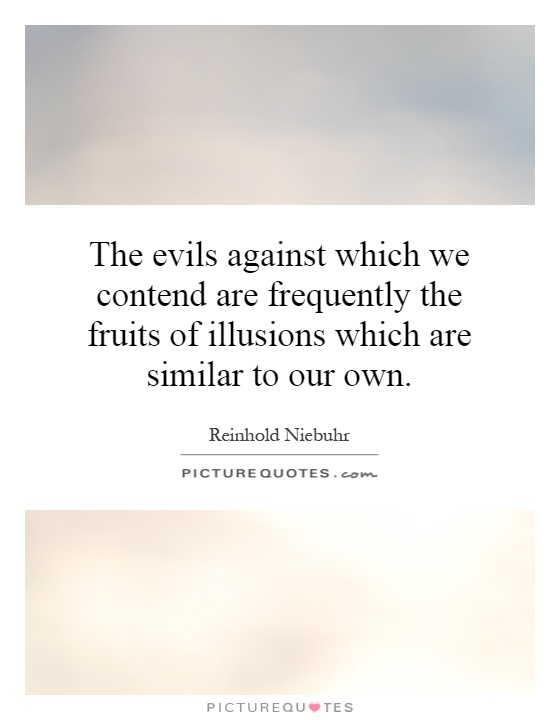
The evils against which we contend are frequently the fruits of illusions which are similar to our own
Reinhold Niebuhr, a prominent theologian and political thinker, often emphasized the importance of recognizing our own illusions and biases when confronting evil in the world. His quote, “The evils against which we contend are frequently the fruits of illusions which are similar to our own,” speaks to the idea that our own misconceptions and prejudices can contribute to the perpetuation of evil.Niebuhr believed that human beings are inherently flawed and prone to self-deception. We often see the world through a distorted lens, projecting our own fears, desires, and insecurities onto others. This can lead us to demonize those who are different from us, justify acts of violence and oppression, and ignore the suffering of others. In doing so, we become complicit in the very evils we seek to combat.
One of the key illusions that Niebuhr identified was the belief in our own moral superiority. We often see ourselves as the “good guys” fighting against the “bad guys,” without recognizing that our own actions may be contributing to the cycle of violence and injustice. This self-righteousness can blind us to the complexities of the world and prevent us from empathizing with those who are suffering.
Niebuhr also warned against the dangers of ideological certainty. When we become too attached to our beliefs and ideologies, we close ourselves off to alternative perspectives and demonize those who disagree with us. This can lead to intolerance, extremism, and violence, as we seek to impose our own worldview on others.
In order to combat the evils in the world, Niebuhr believed that we must first confront our own illusions and biases. We must be willing to question our assumptions, challenge our beliefs, and listen to the perspectives of others. Only by acknowledging our own fallibility and striving for humility and empathy can we hope to create a more just and compassionate world.
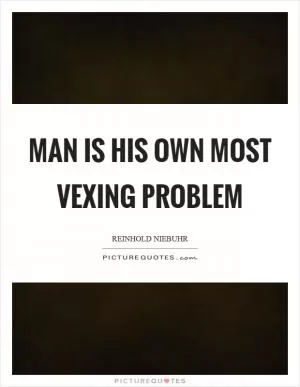

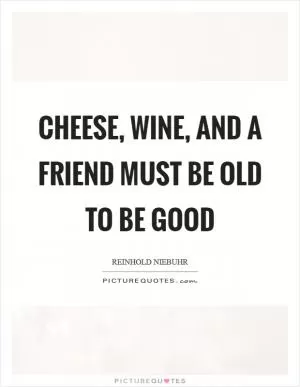


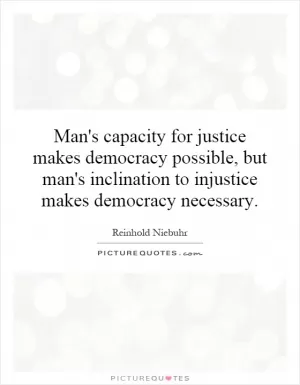

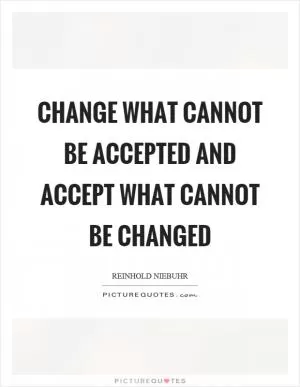



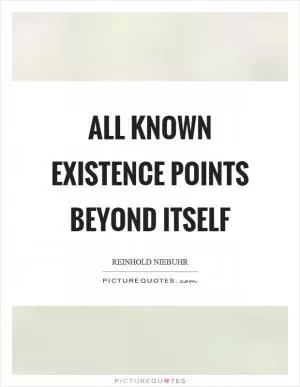
 Friendship Quotes
Friendship Quotes Love Quotes
Love Quotes Life Quotes
Life Quotes Funny Quotes
Funny Quotes Motivational Quotes
Motivational Quotes Inspirational Quotes
Inspirational Quotes